
The Cantonist’s Scars
The innkeeper warned the Chofetz Chaim, "Don't go near that coarse, scar-faced individual in the corner - he's very dangerous, and who know's what he'll do?"

Before he passed away in 1810, Rebbe Nachman of Breslev warned that there was a terrible edict in the Heavenly Court leveled at the Jews of Russia and surroundings, but that he succeeded in delaying it for at least a decade. This was the evil decree of the forceful conscription of Jewish youth into the Russian Army for 25 years, which began in the year of 1827, two years after the infamous Nicolai became Czar.
The 25-year period would only begin at age 18, but many Jewish boys were nabbed from their homes at the tender age of eight and nine, then forced into “Cantonist” schools where they would be re-educated, forcefully baptised, or tortured in hard labor. Many never made it to age 18. This was all the evil design of Czar Nicolai I, who hated the Jews with a passion and wanted to either convert them or kill them.
Almost a hundred thousand Jewish children suffered under the Cantonist system. Of that number, the vast majority died or disappeared under indescribably cruel and harsh conditions. In several places in Likutei Halachot, Rebbe Natan bemoans the fate of the Cantonists and begs Hashem to rescind this harshest of 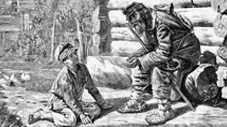 decrees. Ten years after Rebbe Natan’s passing in 1845, the Cantonist decrees were eased somewhat in 1855 when Nicolai died, even though forced conscription continued until the beginning of the Twentieth Century.
decrees. Ten years after Rebbe Natan’s passing in 1845, the Cantonist decrees were eased somewhat in 1855 when Nicolai died, even though forced conscription continued until the beginning of the Twentieth Century.
* * *
Although I don’t remember the source, I once heard a story about the Chofetz Chaim, Rabbi Yisroel Meir HaCohen Kagan, who was once traveling from city to city, accompanied by one of the younger rabbis of his Yeshiva in Radin. Along the way, they spent the evening in a kretchme, an inn, whose owner was a G-d-fearing individual who served food of the highest level of kashrut; nothing was purchased – he and his wife grew and prepared everything. The eggs were from their own chickens and the milk was from their own cow. The baked their own bread and even grew their own potatoes, beets and carrots.
In the corner of the kretchme dining room sat a crass, gruff-looking individual with scars on his face, ragged clothes and an unkempt beard. He banged on the table and bellowed in a heavily Russian-accented Yiddish, “Bring me some food!” His voice resonated around the room like thunder. All the other guests in the inn felt a mixture of terror and disgust toward this individual.
The innkeeper brought a basket of bread and a carafe of water to the Chofetz Chaim’s table. With compassion in his eyes, the Chofetz Chaim asked the innkeeper, “Who is that man in the corner?”
“Rebbe, stay away from him”, warned the innkeeper. “Nebich, the poor guy was a Cantonist for over 25 years in the Russian Army. He’s rough and he yells at everyone. He doesn’t speak – he roars. I have no choice but to tolerate him. I’m afraid that if I don’t feed him, he’ll demolish my inn. Rebbe, stay away from him; I’m sure that he’s dangerous. Who knows how many people he killed with his own bare hands.”
The Chofetz Chaim saw no gruffness or roughness in the unfortunate Russian Jew, he only saw a tarnished Jewish soul trying to shine through. He gently walked over to the man’s table in the corner and sat down. “Shalom Aleichem,” said the Chofetz Chaim in a warm greeting, “my name is Yisroel Meir; what’s yours?”
The burly, scar-faced Russian Jew, surprised, accepted the Chofetz Chaim’s extended palm. “Aleichem Ha-Shalom, Rebbe – my name is Grigory, but my parents called me Grisha, which is Yiddish for Gershon. I don’t remember much other than that, because my father died when I was nine, and I was kidnapped into the Cantonists when I was ten. I was discharged from the Czar’s army ten years ago, when I was 43…”
“And you fought in all the wars?”
“Every single one, with plenty of scars to testify.” Exposing a shoulder, the old Cantonist added, “And I have plenty more scars from resisting the priests and the commanders, every time they tried to baptize me. I’m not much of a Jew, especially after the years of eating treif and not keeping any Shabbos or holidays, but I never agreed to be converted.”
Looking at Grisha’s scarred neck and shoulder, the Chofetz Chaim could not hold back the tears that were welling up in his eyes. “You mean to say, that despite the years of wars, tribulations, coercion and hardship, you never forgot that you are a Jew?”
“Never, Rebbe.”
“You are greater than me,” said the Chofetz Chaim.
* * *
Several weeks ago, I witnessed two Yeshiva boys of about 17 and 18 making fun of a Russian Jew who was saying the Kaddish prayer from a page of Russian transliteration and tripping over his own tongue. One of the Yeshiva boys said to the other in utter arrogance, “Look how that am-ha’aretz (commoner) is making a joke out of the Kaddish!”
I couldn’t remain silent. I told the two boys that I don’t think that the Chofetz Chaim or Rebbe Nachman would have reacted that way. What’s more, the Russian wasn’t born into an observant family in Bnei Brak or in Boro Park. Who knows where they’d be if they were born into the Russian Jew’s set of circumstances?
Rav Shalom Arush says time and again that the ugliest form of arrogance is when one Jew feels that he’s better than another Jew.
Who would be prepared to go tell Hashem that you don’t like His children, and that you think you’re better than they are?
If someone learns Torah, yet feels superior to anyone else, then his Torah is not only worthless – it’s detrimental.
To bring Mashiach, we must all strive to put an end to intramural hate, dissension, and feelings of superiority. May we all see the good in others, amen!


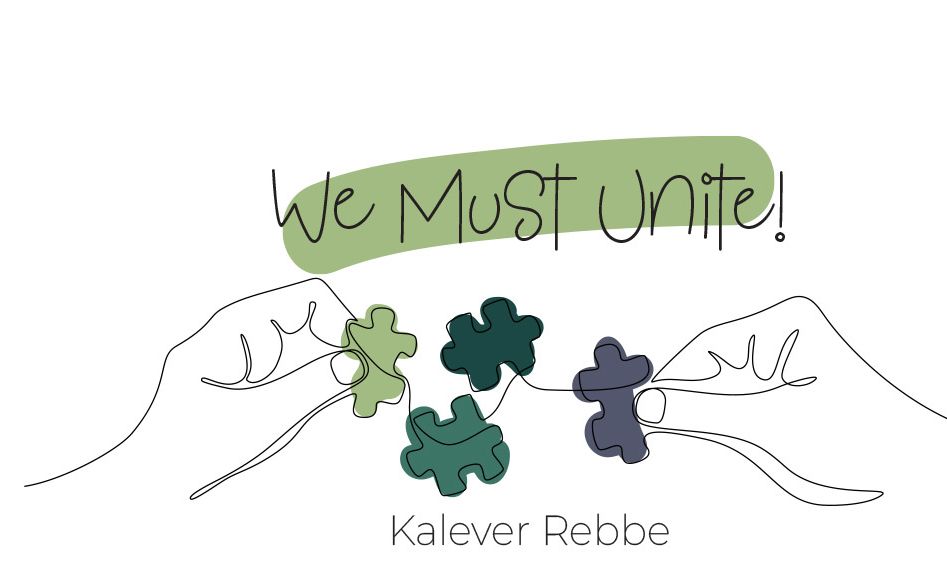




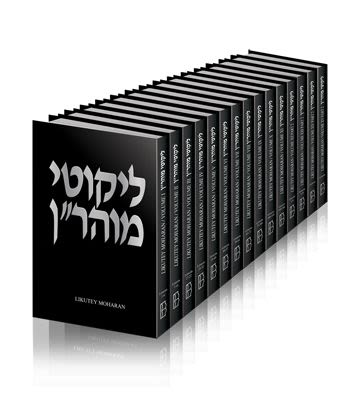
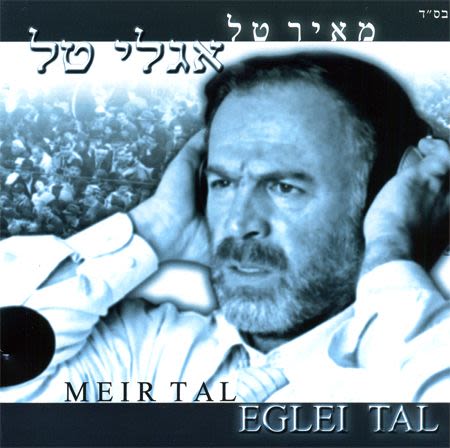
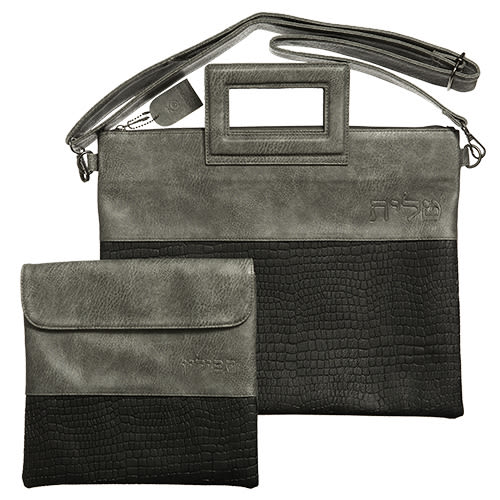
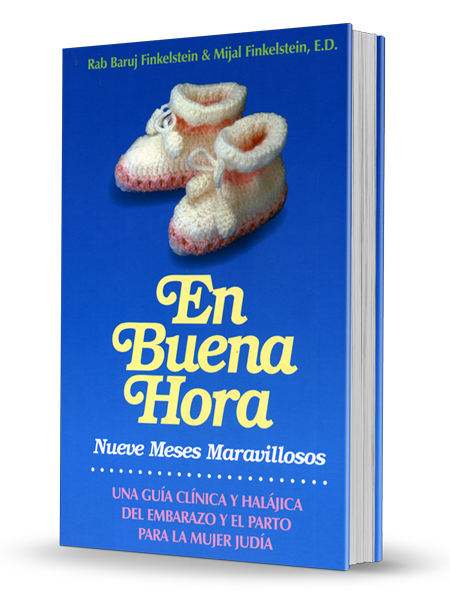
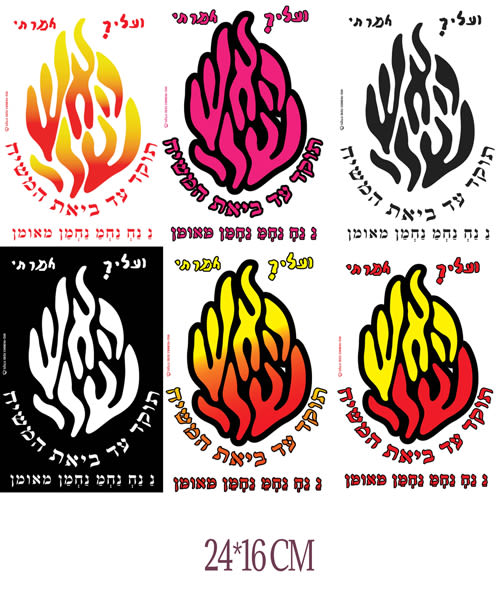
Tell us what you think!
Thank you for your comment!
It will be published after approval by the Editor.